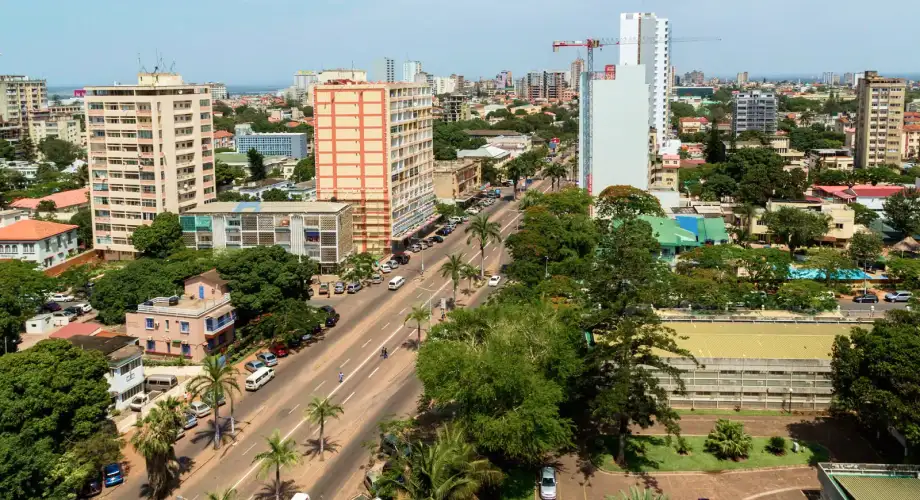Mozambique recorded over $1.5 billion in exports to African countries in the past year, underscoring the country’s growing role in intra-African trade. The announcement was made by António Grispos, Secretary of State for Trade, during the MozExport platform in Tete, where government and business leaders convened to strengthen trade agreements and diversify export markets.
Grispos noted that Mozambique’s exports remain concentrated within the Southern African Development Community (SADC), but highlighted that economic partnership agreements are creating opportunities to broaden the country’s trade base. “These agreements allow domestic production to access markets duty-free, and sometimes free of quotas, making the opportunity to internationalize our local production through exports more competitive and inclusive,” he said.
The Secretary of State reported that preferential markets accounted for 49 per cent of total exports, with agricultural exports showing sustained growth of 13 per cent, representing 12 per cent of the overall total. Despite this progress, micro, small, and medium-sized enterprises (MSMEs) contributed just 19 per cent of exports, reflecting limited inclusion of smaller businesses in the trade ecosystem.
The African Continental Free Trade Area (AfCFTA), launched in 2021, is expected to provide the framework for accelerating Mozambique’s export growth. Covering 55 countries and 1.4 billion people, AfCFTA aims to remove tariffs on up to 90 per cent of goods, harmonize trade rules, and strengthen regional value chains. For Mozambique, this means greater opportunities to diversify beyond SADC markets, expand agricultural and manufactured exports, and increase participation of MSMEs in cross-border trade.
Officials and trade experts emphasize that AfCFTA could help Mozambique transition from raw commodity exports toward higher value-added products, while generating jobs, boosting industrialization, and attracting investment. The rising export figures signal not only national progress but also the potential of AfCFTA to reshape Africa into a more competitive and integrated trade bloc.

